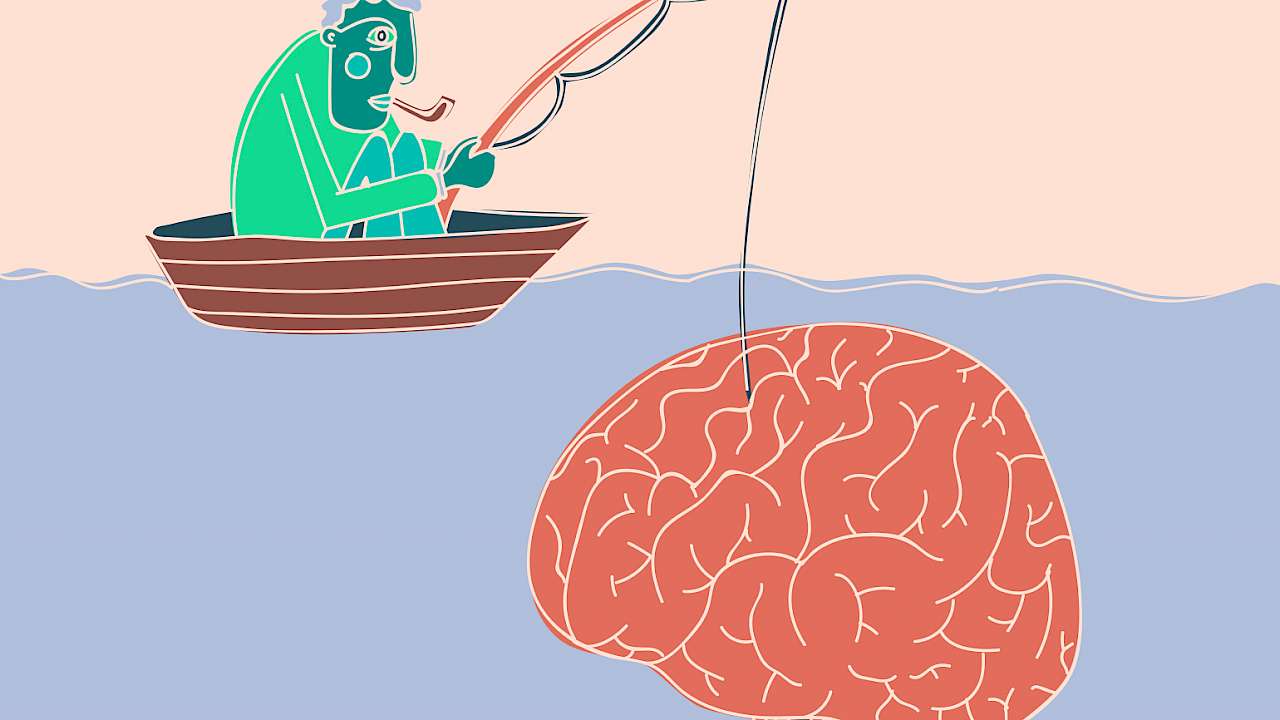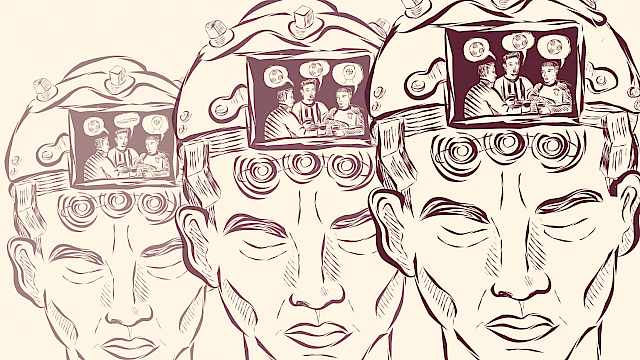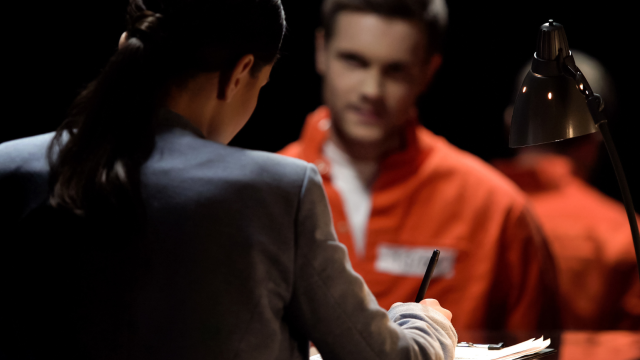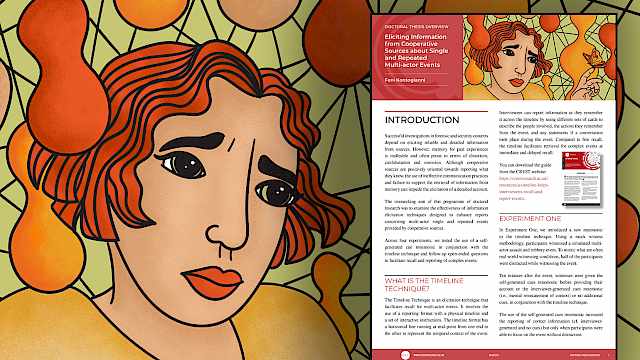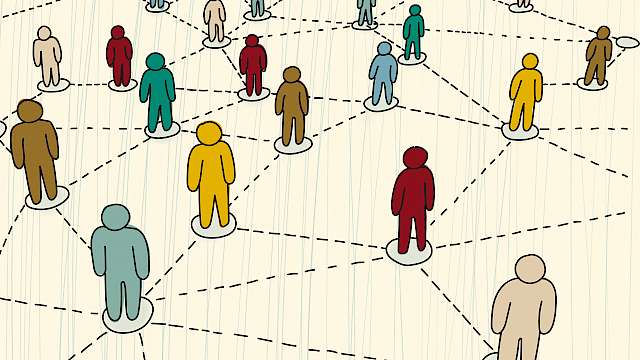There are similarities between police and security contexts and certain approaches can be commonly used across settings. However, there are still subtle differences between police interviews and intelligence gathering. My research draws from what we already know about investigative interviewing and focuses on the development of innovative and effective techniques, tailored for intelligence gathering contexts. In doing so, I focus on a major factor in information elicitation – the role of memory.
We know that memory is fragile. Memory can be affected by factors that are present when one witnesses an event and also later during the interviewing process. My research examines ways in which we can aid retrieval and improve reporting for complex witnessed events that involve multiple perpetrators and those that occur on a single occasion or for repeated events that occur multiple times.
Timeline Technique
So far in my research, I have sought to improve current techniques by testing the addition of a new mnemonic to the Timeline Technique.
The Timeline Technique uses a physical timeline and an interactive format to facilitate memory for complex events involving multiple perpetrators. To extend the Timeline Technique, I tested the effectiveness of Self-Generated Cues, which are salient prompts that the interviewees generate as useful memory cues for themselves, such as the first six things that come to mind from a witnessed event. Previous research has shown that Self-Generated Cues increase the number of accurate details reported, and when Self-Generated Cues were used in conjunction with the Timeline Technique, it resulted in increased reporting of correct information in comparison to a control group who did not use these cues.
Our main finding is that support at retrieval can lead to the elicitation of high amounts of correct information. A critical implication is the self-administered nature of Self-Generated Cues, which enables interviewers to pass control of the interviewing process to the interviewees themselves. The use of Self-Generated Cues in conjunction with the Timeline Technique can, therefore, be particularly beneficial in intelligence gathering, given that it is often hard for interviewers to know what information interviewees may possess.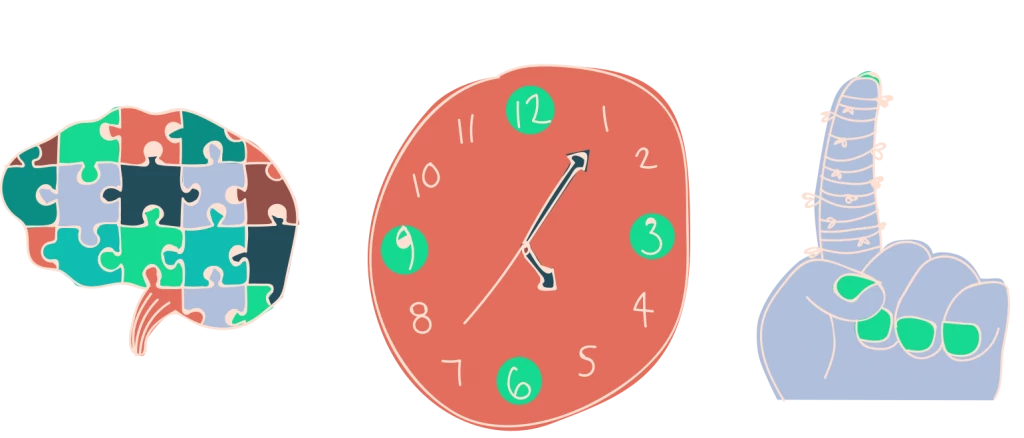
My research will also examine how to aid recall for multiple repeated or similar experiences, such as attendance at regular meetings of a terrorist cell.
Reporting of multiple events that are highly similar can be challenging, as our memory tends to rely on the overall routine and the similarities across all events. However, in information gathering, details that differ between occurrences might be of crucial importance. To provide support during the recall of multiple events and facilitate detailed accounts, my research will focus on the development of an interviewing format that will use both the Timeline Technique and a follow-up open-ended questioning approach.
The development of such a multi-modal interviewing format allows us to examine how cooperative interviewees report new information and how this affects the accuracy and consistency within their accounts.
The processes of memory and the social dynamics involved in interactions with interviewees play an important role in information elicitation. However, there are many factors that are relevant to counter-terrorism contexts that need to be examined. My research aims to develop innovative techniques and reporting formats that are ethical and tailored for intelligence gathering contexts.
The deeper our understanding is of the relevant psychological factors, the better-informed practitioners’ strategies can be in order to elicit reliable information.
Copyright Information
As part of CREST’s commitment to open access research, this text is available under a Creative Commons BY-NC-SA 4.0 licence. Please refer to our Copyright page for full details.
IMAGE CREDITS: Copyright ©2024 R. Stevens / CREST (CC BY-SA 4.0)
